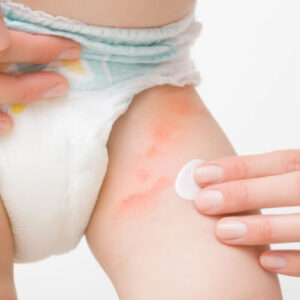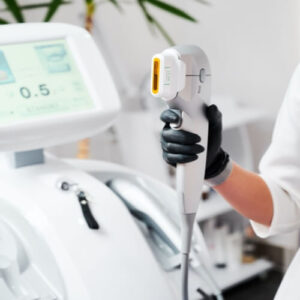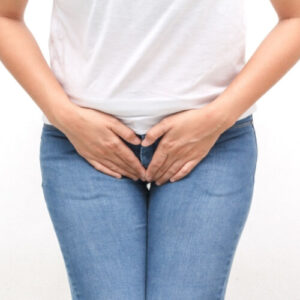Is it necessary to fast before a hysterosalpingogram test?
After knowing the answer to the question “Is fasting required before a hysterosalpingogram?” It is important to know that hysterosalpingography is a very safe procedure, but there are several known complications, which occur in less than 1% of cases and include:
1. Pollution
The most common serious problem is pelvic inflammatory disease. This usually happens when a woman has had previous fallopian tube disease, such as: a previous chlamydia infection. In rare cases, the infection can damage the fallopian tubes, or require their removal. Call her doctor if she develops increasing pain or fever within one to two days of the procedure.
2. Fainting
Rarely, women may experience dizziness during or shortly after the hysterosalpingogram.
3. Exposure to radiation
The exposure to radiation is very low, less than a kidney or bowel test. This exposure has not been proven to cause harm, even if a woman becomes pregnant later that month, but this procedure should not be performed if pregnancy is suspected.
4. Sensitivity to iodine
Rarely, a woman is allergic to the contrast iodine used in this procedure. A woman should tell her doctor if she is allergic to iodine, intravenous contrast dyes, or seafood. Women who are allergic to iodine should undergo an unresolved hysterosalpingogram. Contrast containing iodine, and if a woman experiences a rash, itching or swelling after the procedure, she should contact her doctor.





